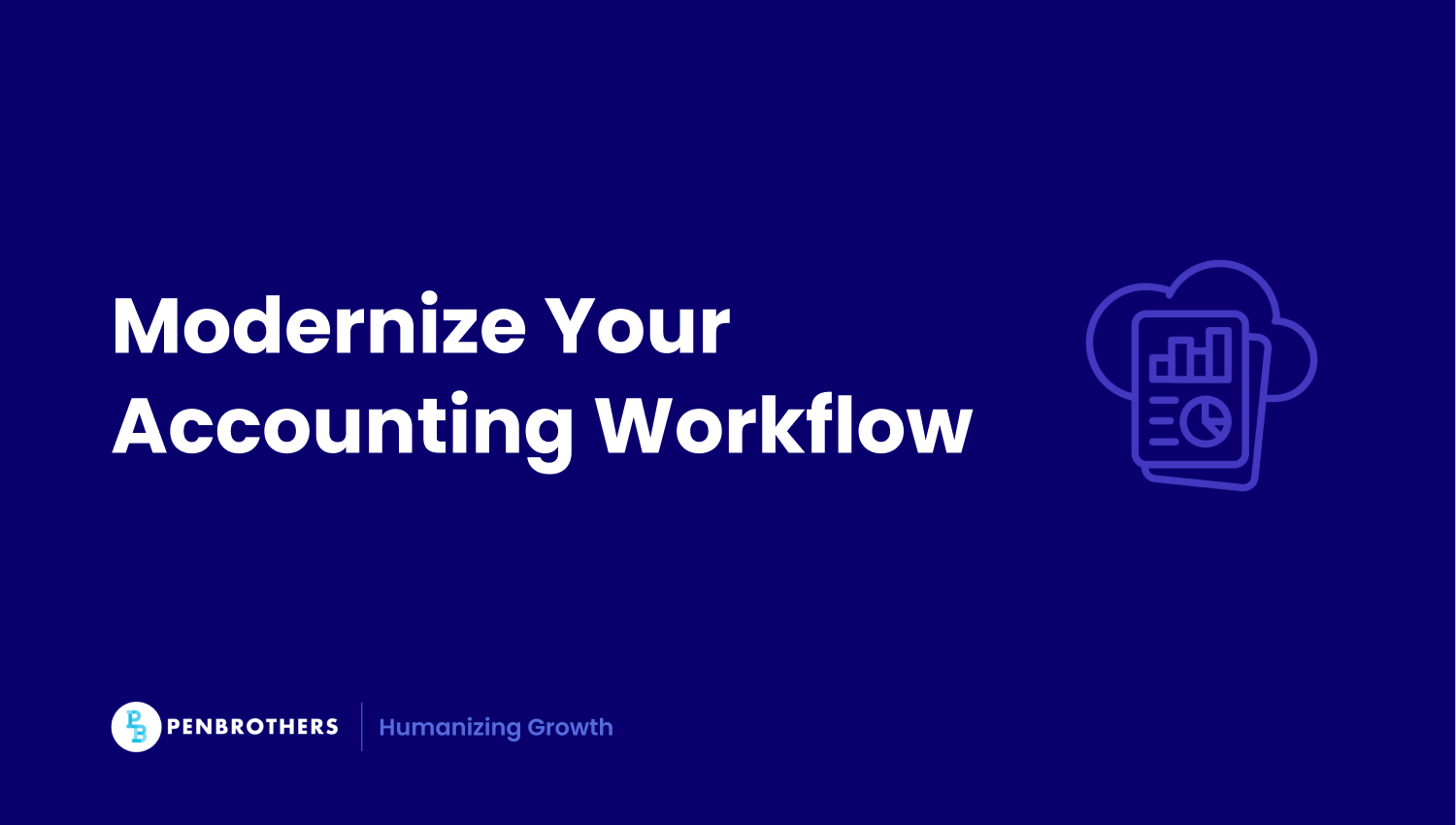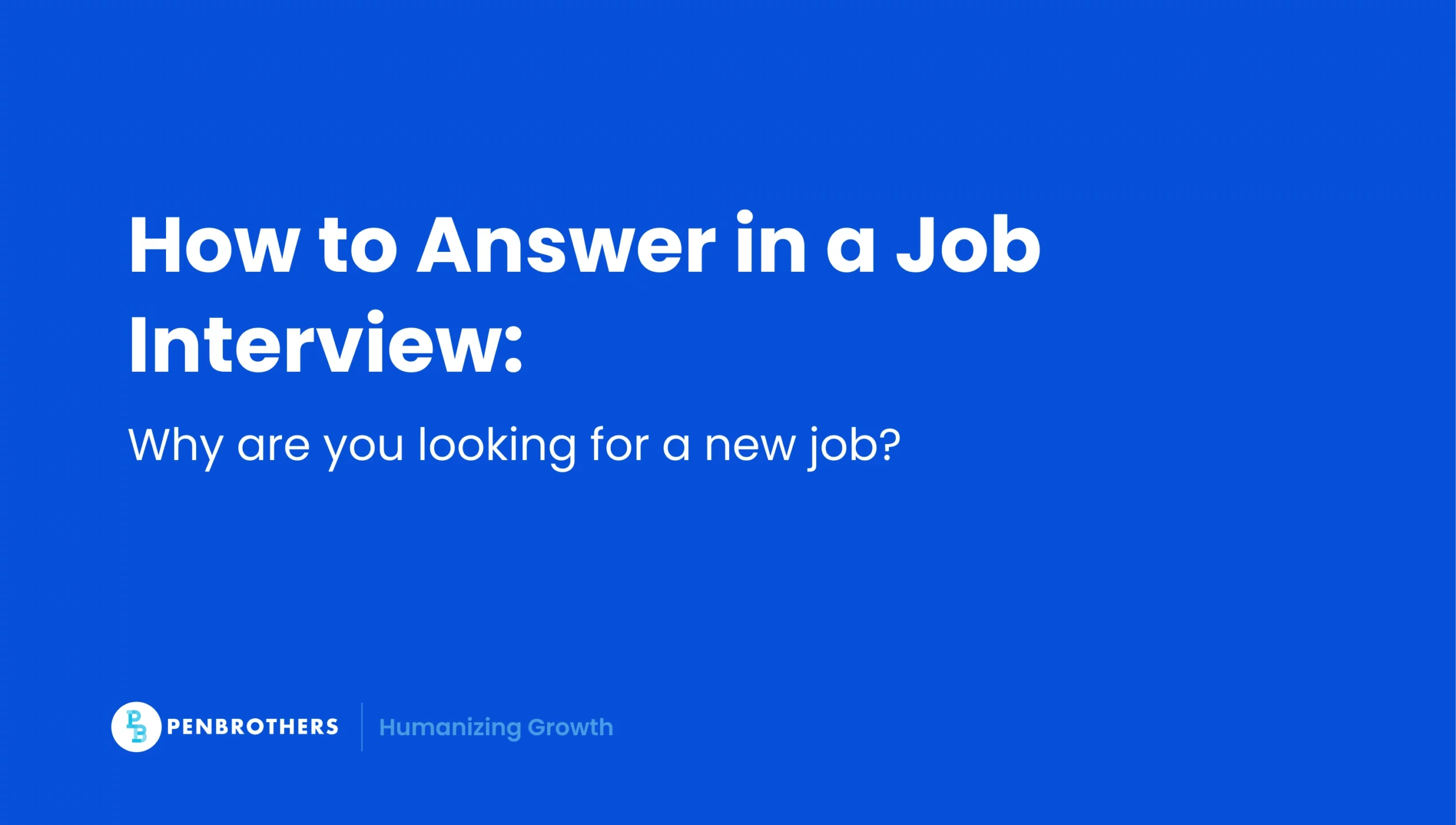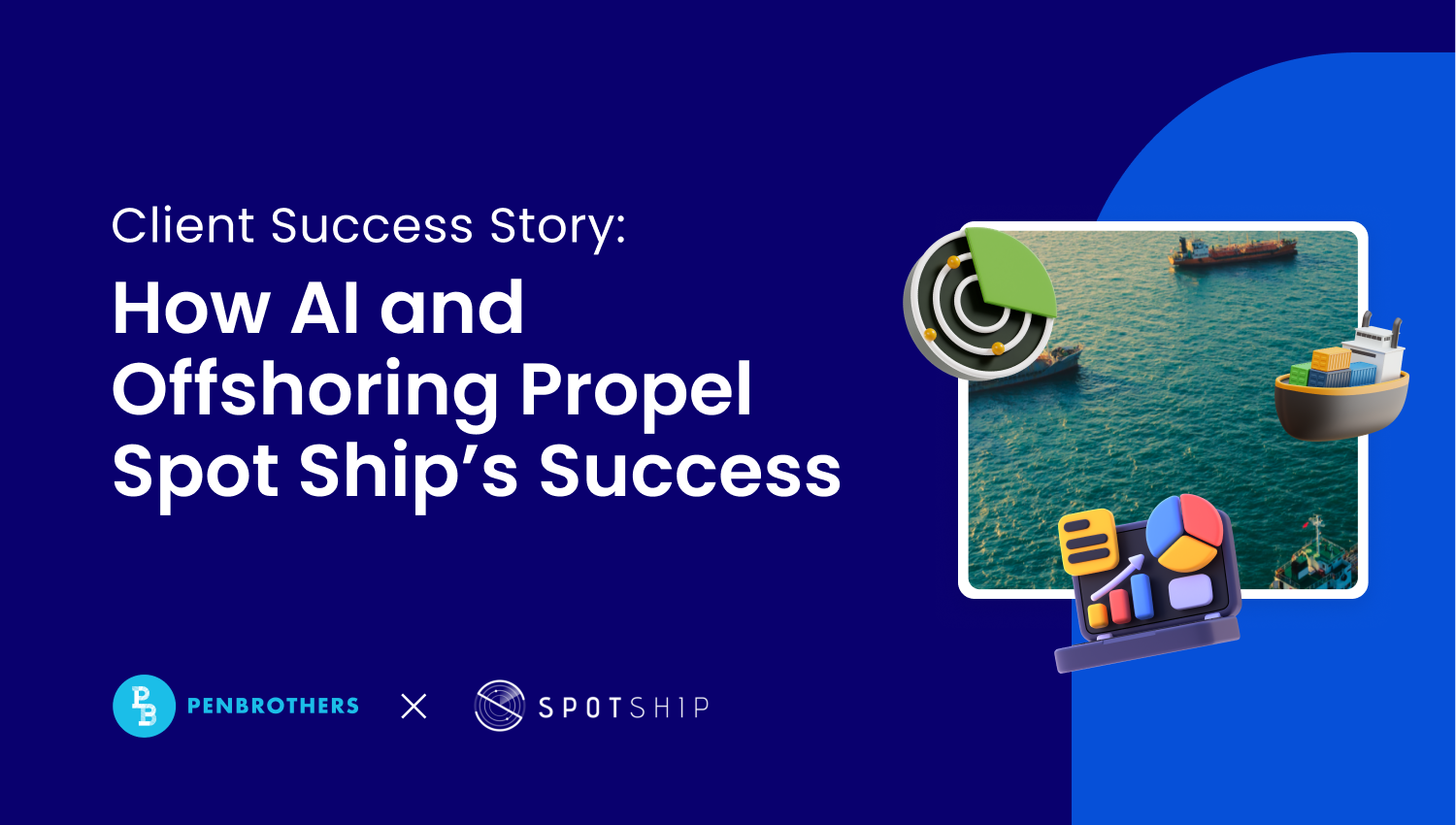What's Inside?
Cloud Accounting Software: How It Works

Traditional accounting systems were once the norm. Installed on local machines, dependent on physical backups, and tied to office servers. But the shift is clear: businesses are no longer content with financial processes that lag behind their pace of growth. Cloud accounting software is reshaping how companies of all sizes manage money.
A 2023 report by Gartner forecasts that by 2026, more than 75% of midsize and large organizations will have adopted a cloud-based ERP model, underscoring the irreversible shift to digital-first finance infrastructure.
This article explores how cloud accounting software works, why it matters for today’s organizations, and what you should consider when choosing the right solution. Whether you’re a founder, a CFO, or an IT decision-maker, this guide will give you the clarity to move forward.
What Is Cloud Accounting Software?
Cloud accounting software is an online financial management platform. It lets you record, track, and report financial data through any internet-connected device. No installation required. No clunky updates.
Unlike traditional on-premise systems, cloud-based platforms store your data on secure remote servers. This means you can access up-to-date financials from anywhere, collaborate across departments, and scale without installing more infrastructure.
Key features include:
- Web-based access via browser or app
- Real-time reporting and dashboards
- Multi-user collaboration with role-based access
- Automated syncing with banks and other financial tools
Cloud accounting is not just a technical upgrade. It’s a business shift.
How Cloud Accounting Software Works
Cloud accounting software simplifies financial operations into one streamlined ecosystem. Here’s how it typically works:
- Data Input: You or your team inputs transactions manually or automatically through integrations like bank feeds, invoicing tools, or mobile receipt scanning.
- Cloud Processing: Financial data is securely stored and processed on the software provider’s cloud servers.
- Real-Time Reporting: Dashboards and reports are updated automatically, reflecting the latest inputs and reconciliations.
- Multi-Device Access: Users log in from their laptops, tablets, or phones to collaborate, review data, and generate reports.
- Tool Integrations: Cloud accounting platforms often connect with CRMs, payroll software, project management tools, and inventory systems.
Access isn’t limited to accountants. Founders, bookkeepers, and department heads can each have tailored views based on what they need to see.
8 Key Benefits for Business Decision-Makers
Cloud accounting software isn’t just about convenience. It creates measurable value across departments:
1. Real-Time Access
Access up-to-the-minute financial data from any device, anytime.
This empowers leadership teams to make faster, more accurate decisions.
You’re no longer waiting for end-of-month reports or stuck in outdated spreadsheets.
Cash flow, expenses, and revenue performance are always at your fingertips.
2. Time-Saving Automation
Let automation handle what used to eat up hours.
Think: bank reconciliations, recurring invoices, expense tracking.
Cloud systems eliminate manual data entry and reduce human error.
That time gets redirected toward strategic planning and financial analysis.
3. Improved Team Collaboration
Multiple users can work on the same set of books without version conflicts.
Cloud software allows real-time edits and role-based access.
Accountants, CFOs, and founders can align effortlessly on financial decisions.
It’s financial visibility without the friction.
4. Built-In Scalability
Need to onboard more users or expand to new markets? No problem.
Cloud accounting grows with you, no need for new servers or installations.
You can scale features, permissions, and integrations as your operations evolve.
Whether you’re five employees or five hundred, it adapts to your pace.
5. Cost Efficiency
Traditional systems come with upfront licensing, hardware, and IT costs.
Cloud accounting runs on a subscription model, often pay-as-you-grow.
You avoid maintenance headaches and upgrade fees.
It’s a leaner financial stack with better long-term ROI.
6. Enterprise-Grade Security
Data security is built into the platform from the ground up.
Encryption, two-factor authentication, and automated backups are standard.
Even if a device is lost, your data remains secure and accessible.
You get peace of mind without investing in a full-time IT security team.
7. Ecosystem Integration
Your accounting platform doesn’t live in a silo.
Cloud solutions often integrate with CRM, ERP, payroll, and inventory tools.
This creates a seamless digital workflow across your business systems.
No more double entry, data silos, or disconnected platforms.
8. Sustainability by Design
Digital tools reduce the need for printing, mailing, and physical storage. You’ll lower your carbon footprint while modernizing your finance operations. According to Accenture, cloud migrations can reduce CO₂ emissions by nearly 60 million tons per year.
It’s not just about going green, it’s about building a smarter, leaner back office. And for many businesses, sustainability is now a financial imperative.
Each benefit compounds the value of the next. Time saved on data entry becomes time spent on strategy. And outsourcing your accounting operations could amplify those gains even more.
Is Cloud Accounting Software Safe?
Security is often the first concern, and rightly so. Financial data must be protected from breaches, loss, and unauthorized access.
Reputable cloud accounting vendors invest heavily in:
- Encryption: Financial data is encrypted both in transit and at rest, using industry-standard protocols like AES-256 and TLS 1.2.
- Two-Factor Authentication (2FA): Adds a critical layer of protection during login, minimizing the risk of credential theft.
- Automatic Backups: Cloud platforms perform frequent backups to prevent data loss from accidental deletion, outages, or natural disasters.
- User Access Controls: Role-based permissions allow you to control exactly who can view, edit, or approve specific financial data.
Still, businesses must follow best practices like using strong passwords and limiting admin access.
Top Cloud Accounting Software for Businesses in 2024
Here are leading platforms trusted by SMBs, startups, and growing enterprises:
- QuickBooks Online
QuickBooks Online remains the benchmark for user-friendly financial management. It’s ideal for small to mid-sized businesses looking for fast onboarding and intuitive dashboards.
Bank syncing, recurring invoicing, payroll, and tax tools are baked in. Its vast integration library makes it a natural fit for growing tech stacks.
- Xero
Xero has earned its reputation for sleek design and deep collaborative features. Its clean interface appeals to both accountants and non-finance users.
With multi-currency support and automated bank feeds, it simplifies global operations. Best for companies that want a scalable system without complexity.
- NetSuite ERP
NetSuite goes beyond accounting, it’s a full-fledged ERP built for growth. Designed for mid-sized to enterprise businesses, it consolidates finance, inventory, and operations.
Real-time dashboards and predictive analytics enable advanced planning.
If your accounting needs intersect with logistics or supply chain, this is your platform.
- Zoho Books
Zoho Books punches above its weight, especially for automation. It’s well-suited for small businesses with global clients and cross-border transactions.
Seamless integration with the Zoho ecosystem (CRM, Projects, Inventory) is a big plus. If you’re already using Zoho tools, this is the most natural extension.
- FreshBooks
FreshBooks shines with freelancers, consultants, and small service teams. Its strength lies in invoicing, time tracking, and project-based accounting.
refreshingly non-intimidating, even for non-finance professionals. A perfect fit for agencies and solopreneurs billing clients on the go.
- Wave
Wave delivers solid accounting fundamentals, for free. It’s best for startups, solo operators, or side hustlers watching their overhead.
While it lacks some advanced integrations, it covers invoicing, receipt scanning, and reports. The zero-dollar price tag makes it a compelling entry point into cloud accounting.
- Sage Intacct
Sage Intacct blends cloud flexibility with enterprise-grade performance. It’s designed for CFOs seeking powerful automation, customizable workflows, and AI-driven insights.
Built-in compliance features support GAAP, IFRS, and industry-specific reporting. It’s particularly strong in sectors with heavy audit or regulatory requirements.
Each tool has strengths depending on your company’s needs and complexity.
How to Choose the Right Cloud Accounting Software
Before subscribing to any cloud accounting platform, consider the following:
- Company Size and Complexity
Not every platform is built to handle scale. Smaller businesses may thrive with simplified tools like FreshBooks or Wave.
Larger companies with multi-entity structures, global teams, or inventory workflows may need enterprise-ready solutions like NetSuite or Sage Intacct. Start with your current needs but think two years ahead.
- Core Features That Match Your Workflow
Not all accounting tools come with the same toolkit. Some excel at invoicing and time tracking, while others offer built-in payroll, inventory management, or project costing.
Make a shortlist: do you need multi-currency support, recurring billing, custom reporting, or expense management? Prioritize the features you’ll actually use daily, not just the flashy extras. Same with your accounting hires, be sure your remote hires have the right accounting skills to match those needs.
- Integration Ecosystem
Your accounting software shouldn’t operate in isolation. Ensure it can sync seamlessly with your CRM, POS system, ecommerce platform, and tax software.
Look for plug-and-play integrations or API access if you rely on custom tech stacks. The fewer manual imports your team deals with, the better.
- Usability and Team Adoption
Even the most powerful software fails if your team hates using it. Evaluate the user interface, navigation flow, and availability of onboarding support.
Test drive with multiple users, finance, operations, and leadership, to see how intuitive it feels across roles. Fast adoption often correlates with long-term ROI.
- Pricing and Scalability
Budget shouldn’t just cover today, it should scale with your growth. Check for hidden costs like add-on modules, API access fees, or per-user pricing.
Avoid being locked into a bloated package when your needs are simple. At the same time, make sure your chosen platform won’t bottleneck you when it’s time to grow.
- Regional and Regulatory Compliance
This is often overlooked but critical for global teams. Does the platform support local tax laws, invoice formats, and reporting standards for your operating regions?
For example, GST/VAT handling, BIR reporting, or GDPR compliance could make or break your rollout. Choose a platform that understands your jurisdictional obligations.
- Support and Vendor Reliability
You’re not just buying software, you’re entering into a service relationship. Look into the provider’s customer support channels: live chat, ticketing, phone, and help centers.
Review uptime guarantees, update frequency, and user community activity. The right partner helps you avoid growing pains down the road. Here’s how fast-growing companies hire top remote accountants in under 30 days.
Pro Tip: Take Advantage of Free Trials and Demos
Most cloud accounting providers offer a free trial or sandbox environment. Use this time to simulate real workflows: entering transactions, generating reports, syncing with other tools.
Invite team members to test it too. Fit isn’t just about features, it’s about how the platform performs in your world.
Many providers offer free trials. Take advantage of them to test usability and fit.
Final Thoughts
Cloud accounting is no longer a competitive advantage. It’s the new minimum.
Organizations that lag behind in financial technology often struggle with data silos, manual errors, and delayed reporting. Those who adopt cloud tools early build financial agility into their operations.
At Penbrothers, we help businesses go one step further. Our outsourced finance professionals are trained in cloud platforms and can operate as an extension of your in-house team. Whether you need help migrating to new software, managing monthly closes, or scaling your finance function, we provide vetted talent ready to hit the ground running. Explore how remote CPA support can help you get there.
Cloud accounting software works best when paired with people who know how to maximize it. Let’s talk about how we can help.
*This article was crafted with the support of AI technology and refined by a human editor.





